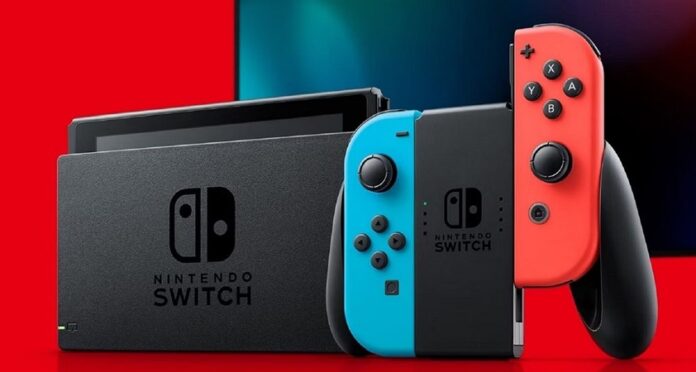While a Nintendo Switch successor still remains a closely guarded secret by Nintendo, with minimal information being officially announced, the company has stated in a recent shareholders meeting that they have taken steps to resolve component shortages and other supply problems to ensure a sufficient number of consoles are available for purchase in the future and upon its successor’s release.
Nintendo Switch Supply Problems
Despite the success of the Nintendo Switch, the console has somewhat of a history of problems with being able to meet supply for all customers. The console’s launch back in 2017 reportedly sold over 500,000 copies upon release in its home country of Japan, but left many fans frustrated due to critical shortages. Other regions would take time to resolve this issue as well, leading to a rise in scalping and price increases from third-party resellers for months after its release.
Similarly, the company has been faced with component shortages for the Switch over the last two years, resulting in customers in some regions experiencing difficulties finding the console being available in local stores.
Addressing the issue in a recent Q&A with investors, Nintendo’s president, Shuntaro Furukawa, addressed concerns for the Nintendo Switch and potential successor. (Translation provided via IGN)
“As a countermeasure against resale, we believe that the most important thing is to produce a sufficient number to meet customer demand, and this idea has not changed since last year,”
“In addition to this, we are considering whether there are any other measures that can be taken to the extent allowed by laws and regulations, taking into account the circumstances of each region.
“Although we were unable to produce sufficient quantities of Nintendo Switch hardware last year and the year before due to a shortage of semiconductor components, this situation has now been resolved. At this time, we do not believe that the shortage of components will have a significant impact on the production of the successor model.”
While it’s too early to tell if a Nintendo Switch successor will be able to live up to its predecessor, ensuring that it does not end up experiencing the same launch fate of the Switch and other consoles by failing to meet consumer demand certainly seems like a promising start.
